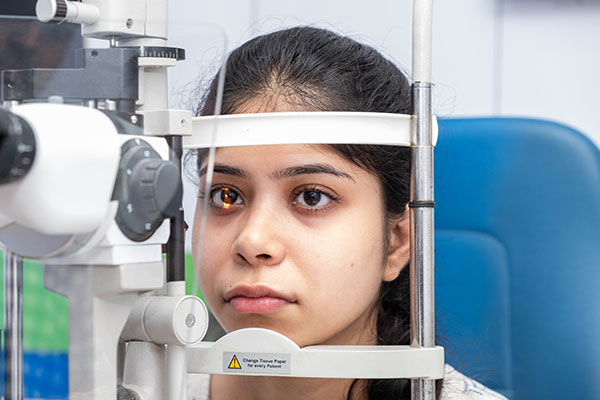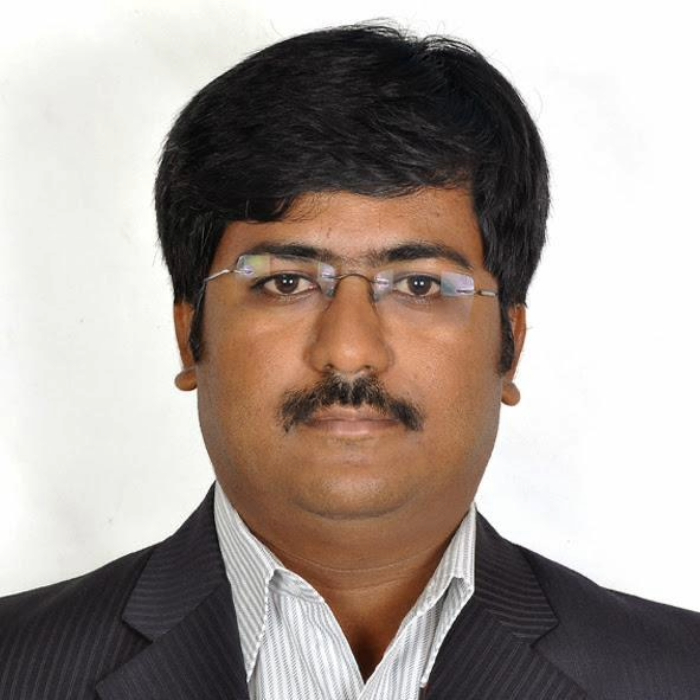Myopia: Understanding and Managing Nearsightedness
Myopia, commonly known as nearsightedness, is a refractive error in which distant objects appear blurry while close objects can be seen clearly. This occurs when the eyeball is too long or the cornea is too curved, causing light to focus in front of the retina instead of directly on it. Myopia is one of the most common vision problems worldwide and typically develops during childhood, often stabilizing in early adulthood. However, it can worsen over time, especially in young individuals.
The exact cause of myopia is not fully understood, but both genetic and environmental factors play a role. A family history of myopia increases the likelihood of developing the condition, and environmental factors such as prolonged near-vision activities (e.g., reading, using screens) may contribute to its development. People living in urban areas or those who spend little time outdoors also appear to be at a higher risk of developing myopia.
Common symptoms of myopia include difficulty seeing distant objects, such as road signs or the television, while having clear vision up close. Myopia can be diagnosed through a comprehensive eye exam, where an optometrist or ophthalmologist will measure the refractive error and determine the degree of nearsightedness. Once diagnosed, myopia can be managed effectively with corrective lenses, including eyeglasses or contact lenses, that help focus light properly on the retina.
For individuals with higher degrees of myopia or those who prefer a more permanent solution, refractive surgery options like LASIK or SMILE may be considered. These procedures reshape the cornea to correct the refractive error and reduce or eliminate the need for glasses or contact lenses. Regular eye exams are essential to monitor myopia progression, especially in children, to ensure appropriate treatment and to reduce the risk of complications like retinal detachment or glaucoma in severe cases.






